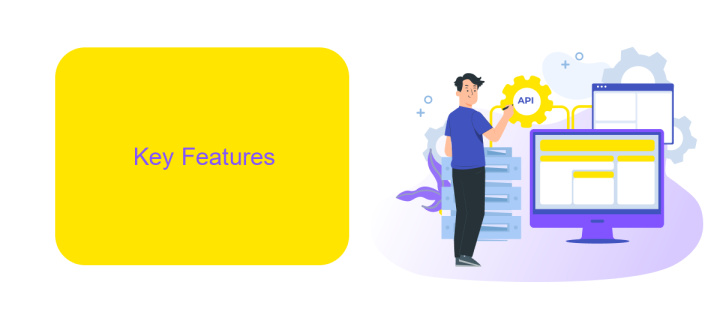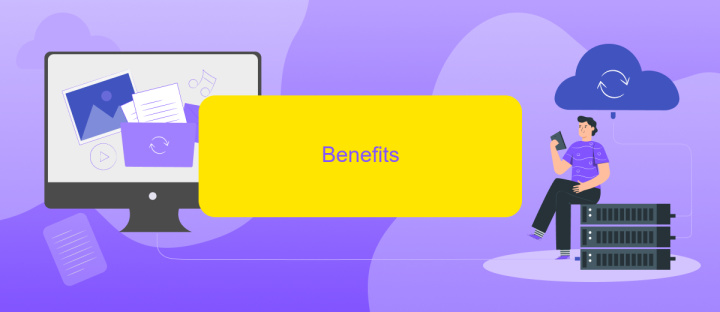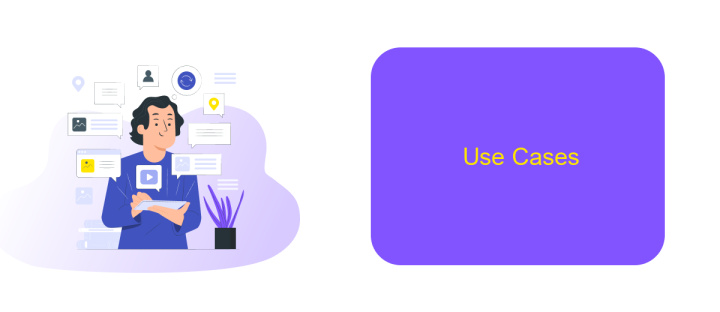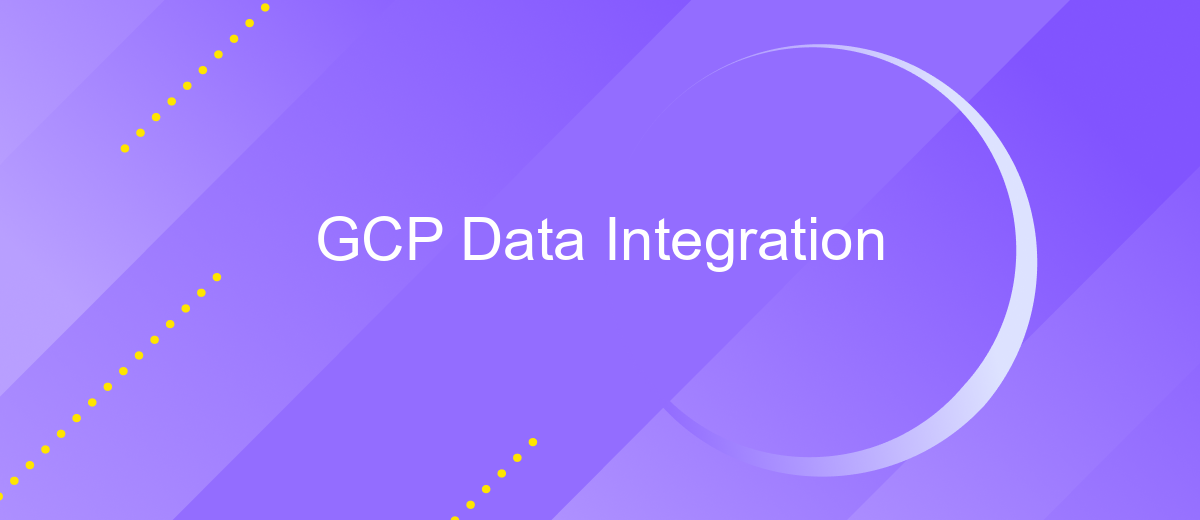GCP Data Integration
Google Cloud Platform (GCP) offers a robust suite of data integration tools designed to streamline and enhance your data management processes. From seamless data migration to real-time analytics, GCP provides scalable solutions that cater to diverse business needs. This article explores the key features, benefits, and best practices for leveraging GCP's data integration capabilities to drive informed decision-making and operational efficiency.
Introduction
Google Cloud Platform (GCP) offers robust data integration solutions that enable organizations to seamlessly connect, manage, and analyze data from various sources. Leveraging GCP's capabilities, businesses can streamline their data workflows, enhance data accuracy, and drive insightful analytics.
- Comprehensive data integration tools
- Scalable infrastructure
- Real-time data processing
- Seamless connectivity with multiple data sources
One of the notable services that complement GCP's data integration capabilities is ApiX-Drive. This service simplifies the process of setting up integrations, allowing users to connect various applications and automate data transfer without requiring extensive technical knowledge. By integrating ApiX-Drive with GCP, businesses can further enhance their data workflows, ensuring that data is consistently synchronized and readily available for analysis.
Key Features

Google Cloud Platform (GCP) offers a robust set of tools for data integration, enabling seamless connectivity between various data sources and destinations. One of the key features is its ability to support a wide range of data formats and protocols, ensuring compatibility with diverse data ecosystems. GCP's data integration services provide real-time data streaming, batch processing, and ETL (Extract, Transform, Load) capabilities, allowing businesses to manage and manipulate data efficiently. Additionally, the platform leverages machine learning and artificial intelligence to automate data workflows and enhance data quality.
Another significant feature is the integration with third-party services like ApiX-Drive, which simplifies the process of connecting different applications and automating data transfers. ApiX-Drive supports a variety of connectors, making it easier to integrate GCP with other cloud services, CRM systems, e-commerce platforms, and more. This flexibility reduces the complexity of data integration projects and accelerates time-to-value. Furthermore, GCP ensures data security and compliance with industry standards, providing robust encryption and access control mechanisms to protect sensitive information.
Benefits

Integrating data within Google Cloud Platform (GCP) offers numerous advantages for businesses looking to streamline operations and enhance analytics capabilities. By leveraging GCP's robust infrastructure, organizations can ensure seamless data flow across various applications and services.
- Scalability: GCP's infrastructure supports dynamic scaling, ensuring that your data integration processes can grow with your business needs.
- Security: With GCP, data is protected by advanced security measures, including encryption and identity management, safeguarding sensitive information.
- Efficiency: Tools like ApiX-Drive automate the integration process, reducing manual effort and minimizing errors.
- Real-time Data Processing: GCP enables real-time data integration, allowing businesses to make timely and informed decisions.
- Cost-Effectiveness: Pay-as-you-go pricing models ensure that you only pay for the resources you use, optimizing operational costs.
Utilizing services like ApiX-Drive can further enhance these benefits by simplifying the setup and management of data integrations. This allows businesses to focus more on strategic initiatives rather than technical complexities, ultimately driving growth and innovation.
Use Cases

Google Cloud Platform (GCP) Data Integration offers a variety of use cases that cater to different business needs. From data migration to real-time analytics, GCP provides the tools necessary for seamless data integration and management. Companies can leverage GCP's robust infrastructure to streamline their data workflows and enhance operational efficiency.
One common use case is the integration of disparate data sources into a unified data warehouse. This allows businesses to perform comprehensive data analysis and gain valuable insights. Additionally, GCP's data integration capabilities facilitate the synchronization of data across multiple platforms, ensuring consistency and accuracy.
- Data Migration: Seamlessly transfer data from on-premises systems to the cloud.
- Real-Time Analytics: Enable real-time data processing and analysis for timely decision-making.
- Data Synchronization: Maintain data consistency across various applications and platforms.
- API Integration: Utilize services like ApiX-Drive to automate and streamline data workflows.
By leveraging GCP Data Integration, businesses can optimize their data management processes, reduce operational costs, and accelerate time-to-insight. Whether it's through API integration with tools like ApiX-Drive or migrating data to the cloud, GCP provides a comprehensive solution for all data integration needs.


Conclusion
Integrating data within Google Cloud Platform (GCP) presents numerous opportunities for organizations to optimize their data workflows, enhance analytics, and streamline operations. By leveraging GCP's robust suite of tools, businesses can seamlessly connect disparate data sources, ensuring that information flows efficiently and securely across their ecosystem. The use of services like BigQuery, Dataflow, and Pub/Sub can significantly reduce the complexity of managing large datasets while providing real-time insights and scalability.
Moreover, third-party integration tools like ApiX-Drive further simplify the process of connecting various applications and automating data transfers. ApiX-Drive's user-friendly interface and wide range of supported integrations enable businesses to quickly set up and manage their data pipelines without extensive technical expertise. This ensures that companies can focus on deriving actionable insights from their data rather than getting bogged down by integration challenges. In conclusion, effective data integration on GCP, complemented by tools like ApiX-Drive, empowers organizations to unlock the full potential of their data, driving innovation and informed decision-making.
FAQ
What is GCP Data Integration?
Which GCP services are commonly used for data integration?
How can I automate data integration tasks in GCP?
What are the best practices for securing data during integration?
How can I monitor and troubleshoot data integration workflows in GCP?
Time is the most valuable resource for business today. Almost half of it is wasted on routine tasks. Your employees are constantly forced to perform monotonous tasks that are difficult to classify as important and specialized. You can leave everything as it is by hiring additional employees, or you can automate most of the business processes using the ApiX-Drive online connector to get rid of unnecessary time and money expenses once and for all. The choice is yours!

